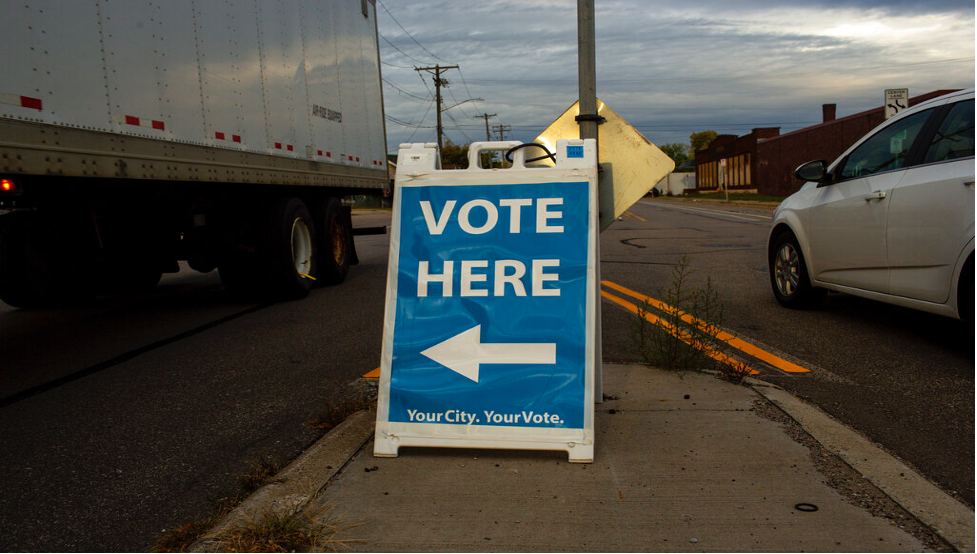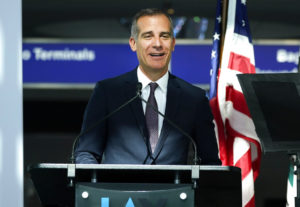
In less than a month, Americans will be heading to the polls to decide the composition of the 118th Congress. Current polling favors the Republicans to win control of the House, while Democrats are slightly favored to retain control of the Senate.
But the race should not be this tight. Republicans have nominated multiple radical candidates and have lost ground in the aftermath of Dobbs v. Jackson. Yet despite this, Democrats have mishandled their national strategy and now appear poised to lose control of a chamber, which will greatly restrict their governing capacity for the years to come.
To be fair, there exist significant structural and political impediments for Democrats in this election. Partisan gerrymandering, or the act of redrawing districts to allow for a partisan advantage, continues to work largely in Republicans’ favor. The Cook Political report indicates that after the 2020 census, Republicans are in charge of redistricting 187 districts, compared to 75 districts for Democrats. In addition, according to FiveThirtyEight, the President’s party has almost always experienced losses in the House during midterm elections.
But these obstacles alone are not the reason Democrats are losing in the polls. The salient issues today revolve around the economy – the prices Americans are facing at the grocery store or at the pump, and Republicans are winning that conversation.
Polling shows that American voters believe Republicans are better on issues related to the economy by a margin of 19 points. But history does not corroborate the belief that Republican policy is unequivocally better for the economy. A July 2015 paper by Alan Blinder and Mark Watson of Princeton finds that over the past 16 presidential terms, ending with Obama, the economy under a Democratic administration has performed better than a Republican administration by almost every metric. To understand the importance of this fact for electoral success, one need only look at midterm polling – inflation has consistently remained the overall top issue for the upcoming 2022 elections. These two stats explain why Republicans, despite their issues with ‘candidate quality’ and their stances on issues like abortion, are winning.
To fight this, Democrats need to address not only the issue of inflation but also the fundamental causal relationships behind it. Republicans repeatedly blame the Biden administration’s stimulus legislation for inflationary trends, and it’s a narrative that’s sticking. To counter this narrative, Democrats must argue that inflation is not specifically an American phenomenon. While it’s true that the September Consumer Price Index report showed that inflation remains stubbornly high in the United States, inflation is happening around the world. Inflation’s ubiquity is reflective of the reality that this particular rise in inflation was out of the control of the U.S government. A report by the Economic Policy Institute in August concludes as much, writing that, “the roots of today’s inflation are a more complicated cocktail of other forces: from the spike in raw material, energy, and commodities prices due in large part to the Russian invasion of Ukraine, to lingering supply chain disruptions and distorted consumer demand patterns stemming from the pandemic.”
To prove this, the study included nations with varying levels of stimulus response and found it remained consistent regardless of the level of fiscal response. The same report indicates that without the stimulus packages, the U.S economy would be in a much worse situation of having both high inflation and unemployment. Currently, unemployment levels remain around pre-pandemic levels thanks to the stimulus policies.
Moreover, much of domestic inflation is a product of monetary, not fiscal policy. Unlike fiscal policy, monetary policy falls under the purview of the Federal Reserve, an entirely independent government institution. The Fed is currently run by Jerome H. Powell, the current chairman originally appointed by former President Donald Trump. Criticism of the Federal Reserve’s initial inaction on modifying interest rates in response to rising inflation does not go away with a Republican-controlled Congress, because setting interest rates is not of the partisan milieu.
Although it’s important to emphasize the cause of inflation and what can’t change under Republican control, emphasizing what would change would also serve to benefit the Democratic party. While the current dilemma has been caused by a mixture of global factors and monetary policy, Republican fiscal policy would only pour oil on the fire.
The traditional crux of Republican economic thought lies in tax cuts to stimulate growth. President Trump’s signature tax cut legislation, the Tax Cuts and Jobs Act of 2017, was a prime example of this. In addition to the criticisms that the TCJA primarily benefited corporations and not workers, enacting tax cuts during a period of high inflation would only worsen inflation by heating up demand without increasing supply. The perils of enacting massive tax cuts can be seen in Britain – the newly appointed Prime Minister Liz Truss has come under heavy fire for her government’s plan of massive tax cuts that would balloon the deficit. The furor grew to an extent where Truss was forced to fire her Finance Minister Kwasi Kwarteng, only 39 days after appointing him.
Democrats can still keep control of the House, although it’s looking increasingly less likely. The economy remains at the top of many voters’ minds, and Republicans have for too long enjoyed the status as the fiscally-savant party. Democrats must challenge this, or risk losing more seats.



